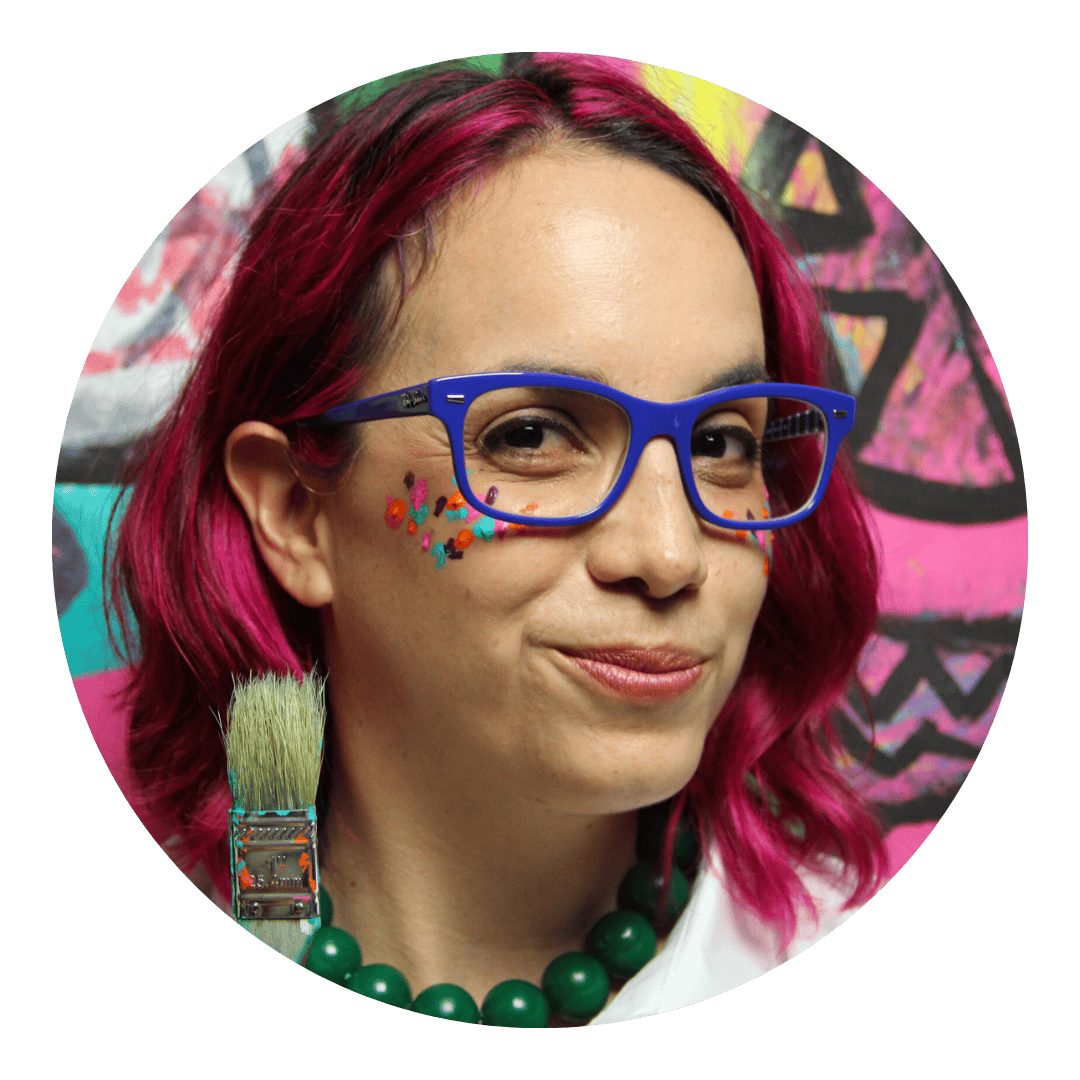Janurary 21, 2025
Our January CE event “Preventive Art Therapy: The Ethical Intersection of Art Therapy and Public Health” is just one week away. For those who still haven’t registered, our presenters have shared some insight on what makes this topic so important to them.
What experiences or discoveries as an art therapist shape your understanding of art therapy’s applications beyond traditional mental health settings?

“As an art therapist, it was eye opening when I realized I could apply art therapy practices in non-clinical settings, like my own home– not to do therapy with my children, of course, but to support their emotional development and diffuse conflicts. Integrating what I knew as an art therapist into my parenting practices was consistently more effective than just talking to my kids.”
— Erica Curtis, LMFT, ATR-BC

“After over a decade of working clinically with older adults, I started noticing a pattern: many of the challenges my clients faced could have been avoided if there were more public resources for emotional regulation and self-management. That realization pushed me to focus on prevention—a journey that actually started back in 2007 during my undergrad studies in Mexico.
In those early days, my education was all about community work and mental health prevention. I worked with impoverished communities, at a school for the blind, supporting postpartum prevention at a public hospital, and with houseless individuals and at-risk teens. Even though my art therapy training initially made me think my focus had to be strictly clinical, my background in prevention and community work made me realize there had to be more.”
— Nadia Paredes, MA, LMFT, ATR

“When I began my nonprofit organization, Arts & Healing Initiative, in 2004 at UCLA with graduate degrees in counseling psychology and public health, wondering why didn’t doctors use music to calm their patients before procedures or why didn’t mental health professionals use tools from the theater world to help access emotions? I then discovered creative arts therapies and sought out practitioners committed to community service. We collaborated in developing training programs and curriculum materials that could sustainably empower the public with tools for resilience in their own communities – without crossing the boundary of therapy.”
— Ping Ho, MA, MPH
Why is art therapy uniquely positioned to address public health challenges, and what makes now the perfect opportunity to start this conversation?

“I eventually reconnected with the idea that prevention is a key part of clinical work. That understanding helped me find an ethical framework to do the wellness work I’d dreamed of when I first started on this path to becoming an art therapist. Once I saw how wellness and prevention are deeply linked through a public health perspective, I realized I could build a practice that aligns with art therapy principles in the U.S. while still honoring my roots as a Mexican art therapist, where art and therapy have a much broader spectrum.
These experiences have completely shaped my belief in the power of proactive mental health care to create lasting change. By hosting this session, I hope we can further explore the broader role art therapy could play in supporting public health.”
— Nadia Paredes, MA, LMFT, ATR

“There is a saying attributed to ancient Roman philosopher Seneca, “Luck is when preparation meets opportunity.” We are at a significant moment in time when heightened awareness of unmet mental health needs + a lack of resources = a leadership opportunity for art therapists. The expertise of art therapists is needed now more than ever to meet challenging clinical needs as well as to inspire more effective preventive practices in the community.”
— Ping Ho, MA, MPH
The presenters’ personal experiences, combined with the growing recognition of art therapy’s public health benefits, underscore the relevance of this session. Whether you’re a seasoned art therapist or someone interested in how creative approaches can ethically be applied in broader settings, this session will provide valuable insights. You’ll explore how art therapy can intervene early, reduce the risk of mental health challenges, and address ethical considerations when adapting clinical tools for non-clinical environments like schools, homes, and communities.
We hope you’ll join us for this exciting session January 28. Click here to learn more.
